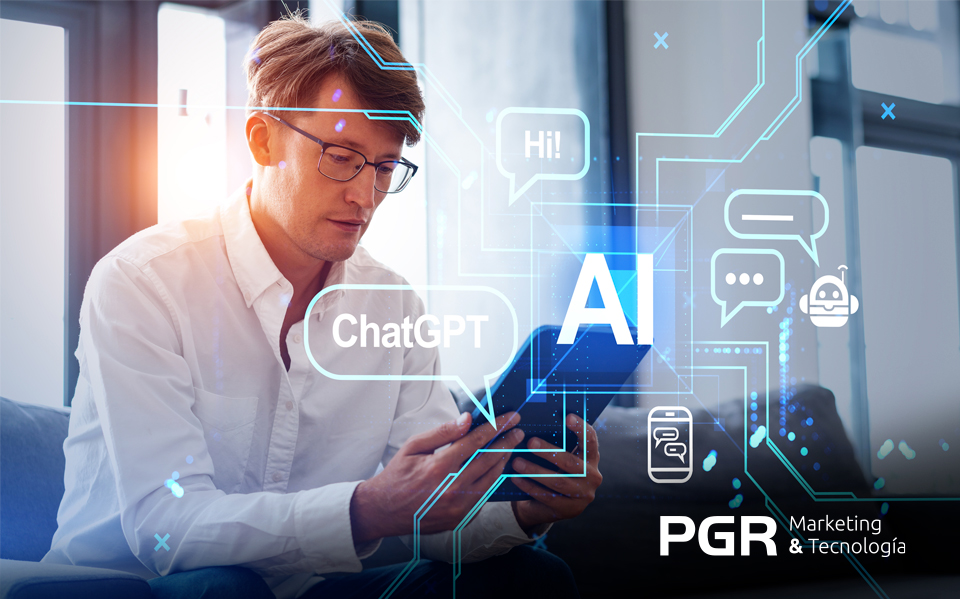A study by Aberdeen Group concluded that companies using lead scoring techniques see a 77% increase in return on investment (ROI) in lead generation. This percentage shows just how important these marketing techniques are for businesses.
However, many companies face the challenge that the process can be long and tedious. Fortunately, the emergence of artificial intelligence applied to sales is revolutionising lead scoring. Today, we can confidently say that automated lead scoring is a major opportunity for businesses to boost their conversion rates—even without the human resources of a multinational.
What does lead scoring offer, and why is it important for your business?
According to Hubspot, lead scoring involves assigning a score or value to each lead to reflect their likelihood of becoming a customer. This process enables businesses to prioritise potential clients and focus their efforts on those with the highest probability of converting.
Leads can be scored based on multiple attributes, such as professional information they've provided and their interaction with the website or brand online. By implementing a lead scoring strategy, businesses can optimise their sales and marketing resources by avoiding time spent on leads who aren't yet ready to buy.
This improves the efficiency of the sales team, increases conversion rates, and shortens the sales cycle. Moreover, by understanding which stage of the sales funnel each lead is in, follow-up actions can be tailored more effectively—contributing directly to business growth and better strategic decision-making.
Now, lead scoring has reached a new level with the advent of AI specialised in sales, often referred to as sales AI.
How does AI improve lead scoring?
Previously, lead scoring was based on intuition and static rules. With AI applied to sales, the process is now automated and optimised. Algorithms analyse historical sales and marketing data to identify the most decisive conversion factors and build predictive models that assign more accurate and objective scores.
Unlike traditional systems, AI-based lead scoring models continuously update as new performance data comes in. This leads to ongoing improvements in scoring accuracy and fewer lead classification errors. Businesses can use this data to better target their sales and marketing efforts, prioritise prospects, and focus on the most promising segments.
Why automate lead scoring with AI?
Organisations that implement AI-powered lead scoring systems enjoy significant advantages:
1.- Ongoing optimisation without manual intervention
Models are automatically updated with new sales data—no analyst input required.
2.- Time and resource savings
No need for teams to manually analyse win/loss data to adjust the model.
3.- Automatic adaptation to new trends
The algorithm adjusts scoring criteria based on real-world conversion patterns it detects over time.
4.- Greater predictive accuracy
The model constantly improves its ability to identify leads most likely to convert.
5.- Dynamic weighting of relevant attributes
The system automatically adjusts the importance of each attribute (e.g., company size or buying intent) based on its actual sales impact.
6.- Model always up to date and aligned with market reality
Scoring remains accurate and useful, even as buyer behaviour evolves.
Ready to benefit from AI-powered lead scoring for sales? At PGR Marketing & Technologia, we guide you through the entire process to help you prioritise prospects and boost your commercial results.





